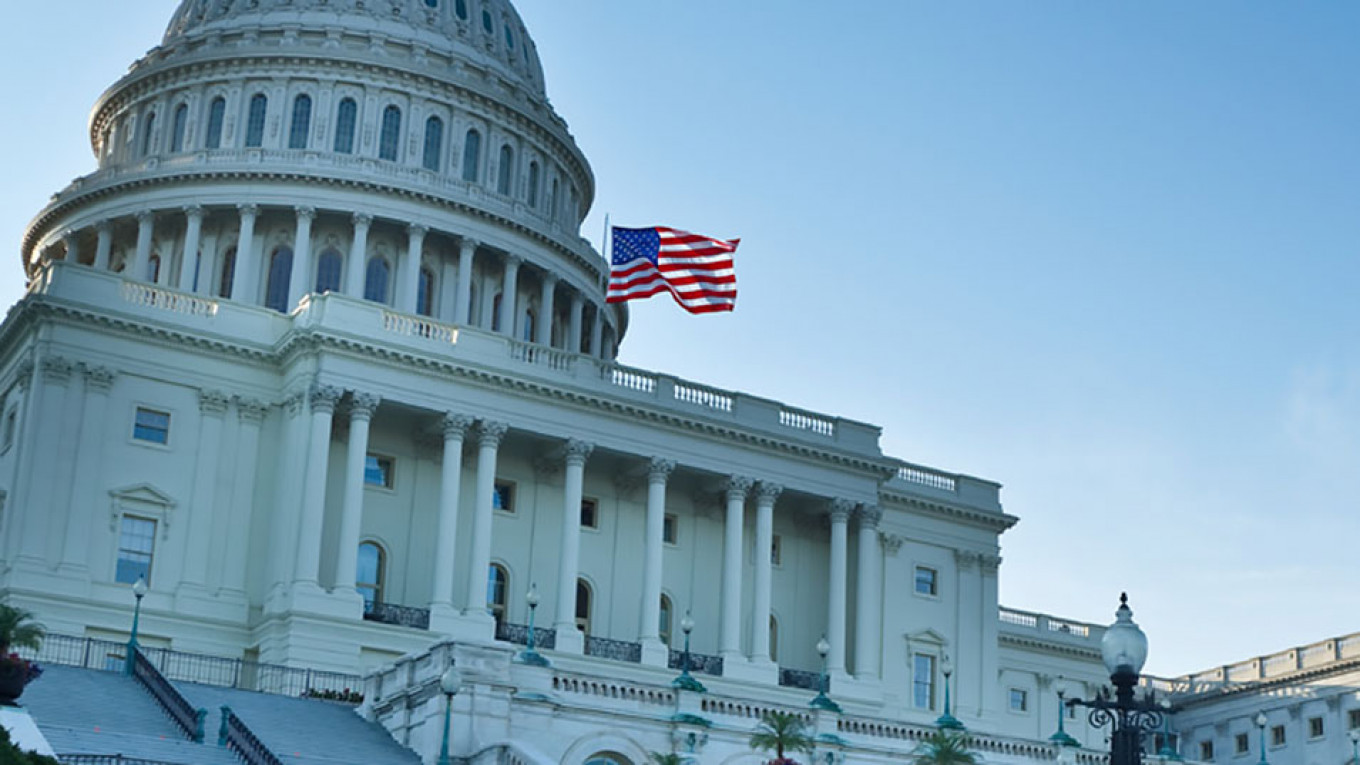
A senior US intelligence official said the White House ordered him to stop reporting on Russian election interference and highlight Chinese and Iran meddling instead, according to a whistleblower complaint revealed Wednesday.
Offering explosive evidence to support Democratic allegations that President Donald Trump has manipulated intelligence to support his reelection effort, Department of Homeland Security analyst Brian Murphy said he was told by acting DHS chief Chad Wolf that assessments on the Russian threat made Trump “look bad.”
Wolf told him the order to stifle his analyses “specifically originated from White House National Security Advisor Robert O’Brien,” a top Trump aide, Murphy alleged in the complaint.
Murphy, a senior official in DHS’s Office of Intelligence and Analysis, said he refused to censor his reporting on Russians and on the domestic white supremacist threat, “as doing so would put the country in substantial and specific danger.”
In retaliation, he said he was demoted last month.
The complaint, released by the Democrat-led House Intelligence Committee, came after months of reports that the White House was downplaying the Russian election threat, despite what US intelligence chiefs have said was massive interference in the 2016 campaign that brought Trump to power.
In a strangely worded and widely criticized official statement on election interference on August 7, the Directorate of National Intelligence focused on what it said was active interference by China and Iran, with China opposed to Trump.
Russia is also interfering against Biden and an anti-Russia “establishment,” it said, avoiding suggestions that, as in 2016, Moscow favors Trump.
DHS rejected the allegations of intelligence manipulation and retaliation against Murphy.
“We flatly deny that there is any truth to the merits of Mr. Murphy’s claim,” said department spokesperson Alexei Woltornist.
“DHS is working to address all threats to the homeland regardless of ideology,” Woltornist added.
The White House has denied manipulating intelligence to support Trump’s policies and election, but also repeatedly condemns what it labels an alleged anti-Trump “deep state” in the intelligence community.
But Murphy’s complaint said that, over 2018-2020, he witnessed “a repeated pattern of abuse of authority, attempted censorship of intelligence analysis and improper administration of an intelligence program related to Russian efforts to influence and undermine United States interests.”
In early 2019, he says then-DHS secretary Kirstjen Nielsen in testimony to Congress knowingly vastly exaggerated the threat of terrorists entering the country from Mexico, in order to support Trump’s plan for a wall on the southern border.
Despite being told that at best three potential terrorists had tried to cross from Mexico, Nielsen, he said, told Congress the number was 3,755.
Likewise, he said, in order to support Trump’s anti-migrant policies, acting deputy DHS secretary Ken Cuccinelli demanded changes to intelligence reports on corruption and violence in Central America that might be used to bolster asylum claims.
Cuccinelli, Murphy said, also demanded the names of “deep state intelligence analysts” who wrote the reports.
On Russia, Murphy said that both he and his immediate superior were threatened with firing for reports stressing Moscow’s election meddling.
Likewise, Murphy charges, Cuccinelli told him this year to downplay white supremacists while elevating left-wing groups in DHS’s annual assessment of threats to the United States.
Another DHS official said they were concerned how reporting on the danger of white supremacists “would reflect upon President Trump.”
In a July 8 meeting, Murphy alleges, Wolf told him his report on election interference had to be held back “because it ‘made the president look bad.'”
House Intelligence Committee Chair Adam Schiff said Murphy’s complaint “outlines grave and disturbing allegations” of manipulation and censorship of intelligence “in order to benefit President Trump politically.”
“This puts our nation and its security at grave risk.”
